Under the Microscope – Jennifer Janetsky
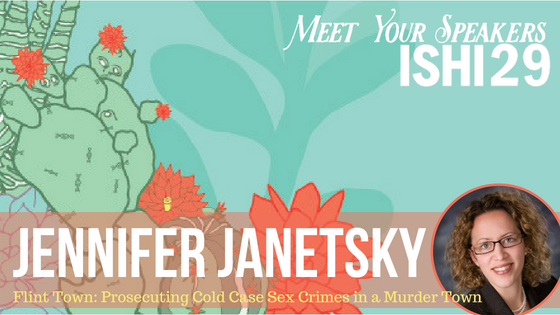
Situated 60 miles north of Detroit, Flint was a Michigan boomtown and the birthplace of GM more than 100 years ago. In the 1980’s GM famously shuttered the Fisher 1 Body Plant, ripping out the heart of Buick City, and sending 80,000 people to the unemployment line overnight. Those who could leave did, and those […]
Systems Thinking and DNA Mixtures
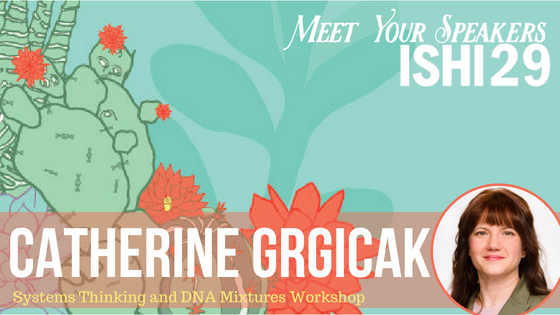
Do you struggle with DNA mixture interpretation? Would you like to learn more about systems thinking and how this approach can positively impact mixture interpretation results and probabilistic genotyping outcomes? Are you interested in better understanding the differences and relationships between sensitivity, resolution, analytical thresholds, and other relevant analytical figures? In her workshop at ISHI […]
The Future is Now for MPS mtDNA Analysis
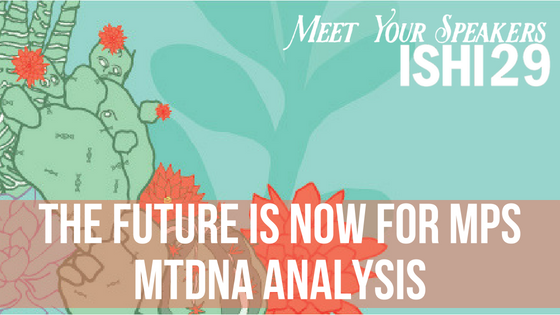
Are you wondering what role MPS plays in forensic mtDNA analysis? Would you like to learn what systems are currently available for forensic MPS mtDNA analysis? Does the thought of validating and implementing MPS in your lab leave you anxious? In their workshop at ISHI 29, Mitchell Holland of Penn State University and Michael Brandhagen […]
Preparing as an Expert Witness: Then and Now
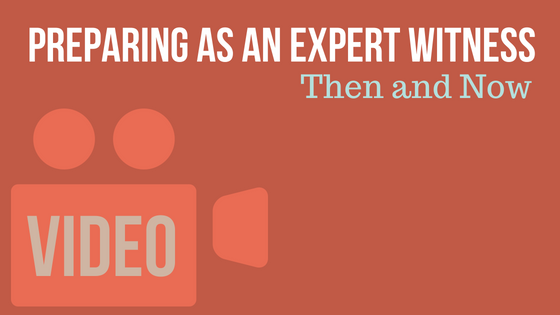
Robin Cotton has testified as an expert witness in 35 states. Here, she describes what testifying was like in the early days of DNA, shares tips for how to simplify complicated terms for the jury, and explains why it’s important to speak to the science, no matter who is asking the question. […]
Preparing as an Expert Witness for DNA Testimony in Today’s Courtroom
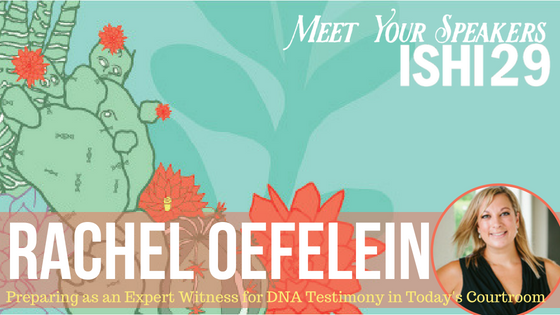
Are you wondering how to explain probabilistic genotyping and likelihood ratios to a jury? Would you like to learn how to respond to forensic implications from media publications or landmark court decisions? Does the thought of learning and then describing new forensic technologies in a courtroom leave you anxious? In her workshop at ISHI 29, […]
Catalyzing Solutions with Synthetic Biology
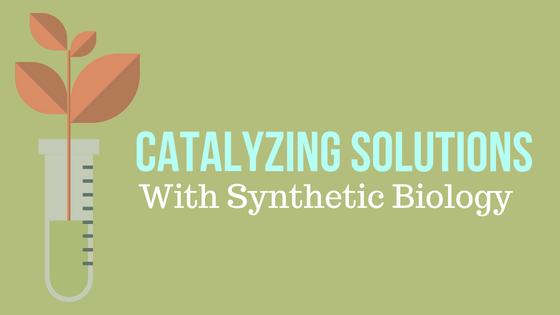
The keynote speaker for this year’s International Symposium on Human Identification (ISHI), Andrew Hessel, describes himself as a catalyst for big projects and ideas (1). In biology, catalysts are enzymes that alter the microenvironment and lower the energy of activation so that a chemical reaction that would proceed anyway happens at a much faster rate—making a reaction […]
The Killer of Little Shepherds

Douglas Starr, Professor of Science Journalism at Boston University, tells the story of the people who invented forensic science, the first criminal profile, and the first serial killer brought to justice using these techniques. <span data-mce-type=”bookmark” style=”display: inline-block; width: 0px; overflow: hidden; line-height: 0;” class=”mce_SELRES_start”></span> TRANSCRIPT: My name is Douglas Starr. I’m […]
Raised as Paul Fronczak, Genetic Genealogy Uncovers His True Identity
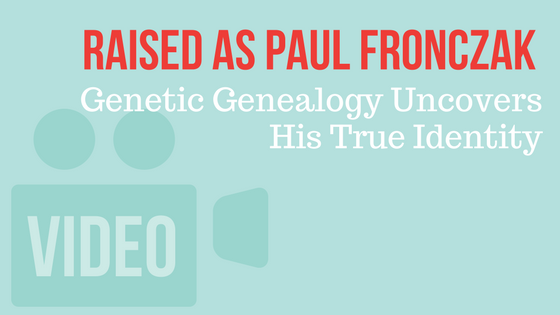
Paul Fronczak spent his life wondering if he was a baby who’d been kidnapped from a Chicago hospital. As an adult, DNA tests confirmed that detectives had gotten it wrong. CeCe Moore, founder of The DNA Detectives describes how she was able to use commercial DNA databases to help Paul uncover his true identity. […]
Mindfulness for the Forensic Practitioner
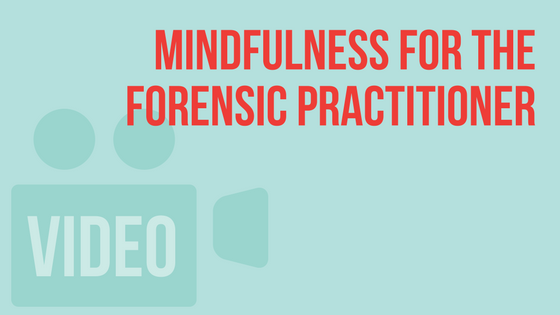
Amy Jeanguenat, Principal Consultant at Mindgen, describes what mindfulness is and how it can help a person to manage their stress, improve their decision making skills, and may one day help to reform the criminal justice system. <span data-mce-type=”bookmark” style=”display: inline-block; width: 0px; overflow: hidden; line-height: 0;” class=”mce_SELRES_start”></span> TRANSCRIPT: My name is […]

